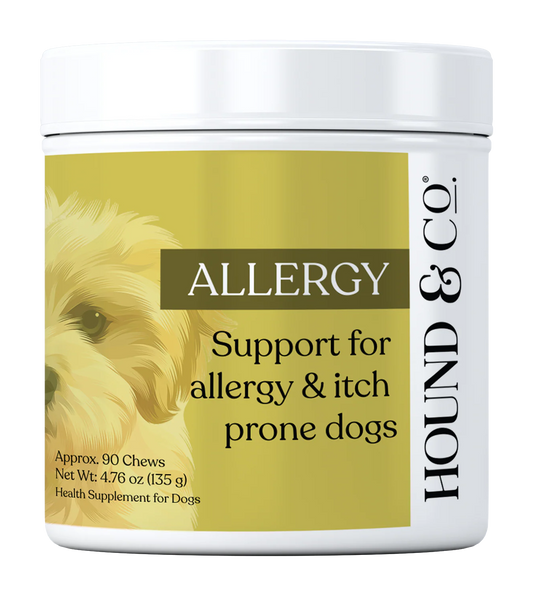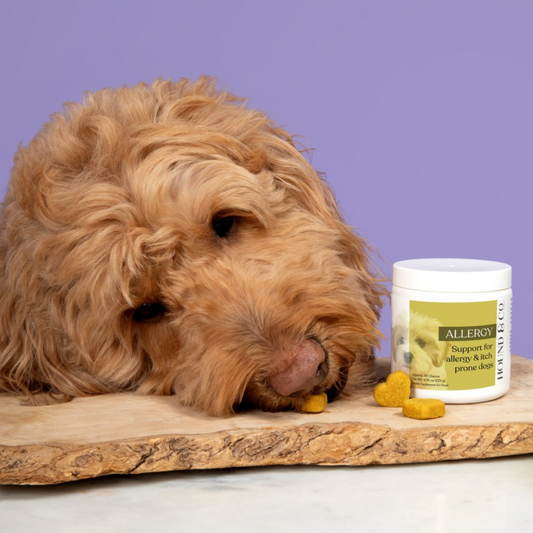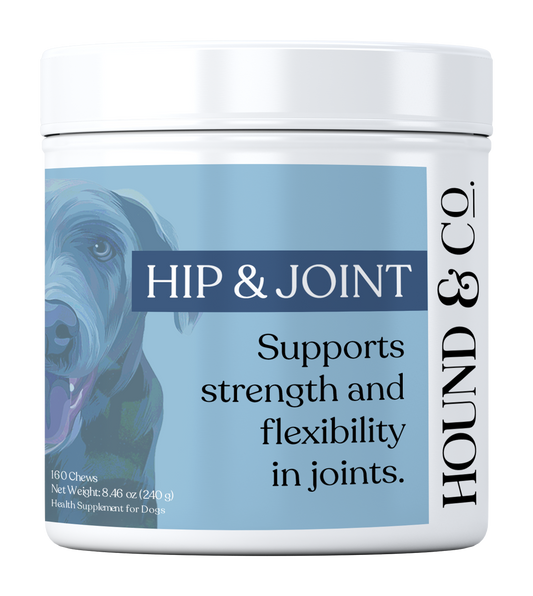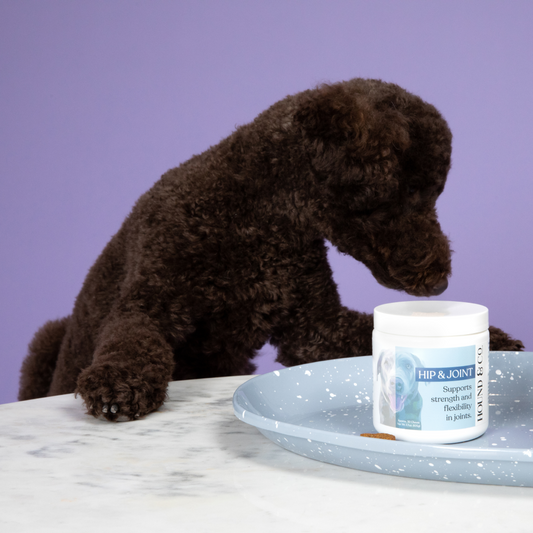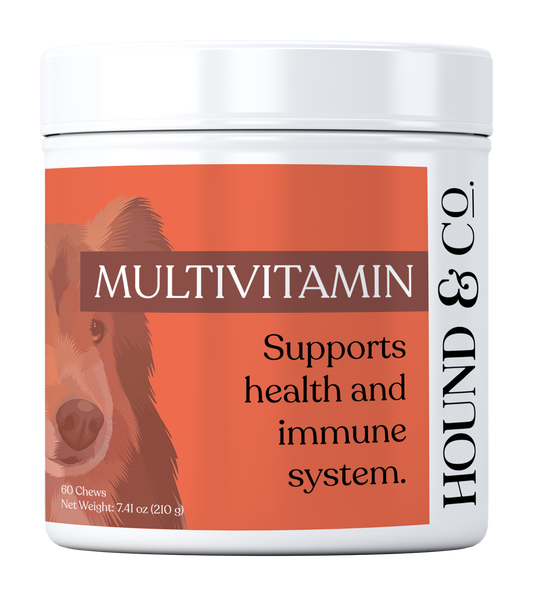Effective Strategies for Summer Dog Allergy Management

Vet Reviewed by Dr. Jacob Klos, DVM

Summer can be a challenging season for dogs with allergies. The increase in pollen, grass, and other allergens can lead to a variety of uncomfortable symptoms for our furry friends. However, with the right strategies, you can help manage your dog's allergies and ensure they enjoy a comfortable and happy summer. Here are some effective strategies for managing your dog's allergies during the summer months.
Identify the Allergens
The first step in managing your dog's allergies is to identify what is causing the allergic reaction. Common summer allergens include pollen, grass, mold, and certain insects. Consult your veterinarian for an allergy test to pinpoint the exact allergens affecting your dog.
Regular Bathing and Grooming
Frequent bathing can help remove allergens from your dog's skin and coat. Use a hypoallergenic or medicated shampoo recommended by your vet. Regular grooming, including brushing, can also help reduce the amount of allergens trapped in your dog's fur.
Keep the Environment Clean
Maintaining a clean living environment can significantly reduce your dog's exposure to allergens. Vacuum your home regularly, wash your dog's bedding frequently, and consider using air purifiers to reduce airborne allergens. Keeping windows closed during high pollen days can also help.
Diet and Nutrition
A balanced diet can support your dog's immune system and overall health, making them less susceptible to allergies. Consider adding omega-3 fatty acids to their diet, which have anti-inflammatory properties. Consult your veterinarian for dietary recommendations specific to your dog's needs.
Use Allergy Medications
Your veterinarian may prescribe antihistamines, corticosteroids, or other medications to help manage your dog's allergy symptoms. These medications can reduce itching, inflammation, and other allergic reactions. Always follow your vet's guidance on dosage and administration.
Consider Allergy Shots
In some cases, your veterinarian may recommend allergy shots (immunotherapy). This treatment involves exposing your dog to small amounts of the allergen over time, helping to build their immunity. While it requires commitment, it can be highly effective for long-term allergy management.
Monitor Outdoor Time
During peak allergy season, limit your dog's outdoor activities during high pollen times, usually early morning and late afternoon. Wipe your dog's paws and fur with a damp cloth after outdoor walks to remove any allergens they may have picked up.
Natural Remedies
Some natural remedies can help alleviate allergy symptoms. Coconut oil, for example, can be applied to your dog's skin to soothe irritation. Oatmeal baths can also provide relief from itching. Always consult your veterinarian before trying any new treatments.
Conclusion
Managing your dog's allergies during the summer requires a combination of strategies tailored to their specific needs. By identifying the allergens, maintaining a clean environment, providing proper nutrition, and following your veterinarian's advice, you can help your dog enjoy a comfortable and allergy-free summer. Remember, consistent care and monitoring are key to effective allergy management.




